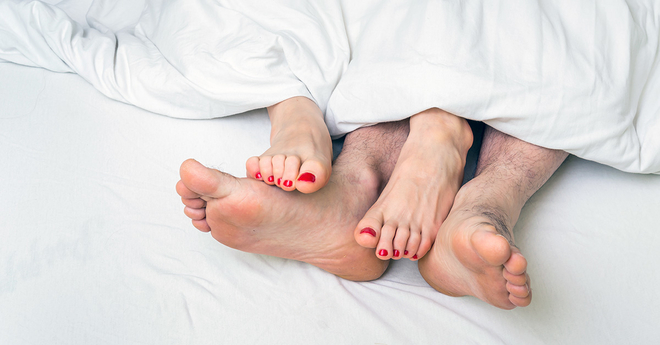Depression, anxiety more commonly reported by young adult menthol tobacco users
Young adults who say they have used menthol tobacco products in the past 30 days are more likely to report symptoms of depression or anxiety, according to a Schroeder Institute study published in the journal Tobacco Induced Diseases.
While previous research has identified an association between menthol cigarette smoking and mental illness in adult populations, the link between menthol tobacco product use, more broadly, and mental health in young adults has not been examined. Menthol cigarettes comprise nearly a third of the overall tobacco – and have been linked to smoking initiation in young people. .
The national study, which used data from the Truth Initiative Young Adult Cohort and included 9,658 men and women aged 18-34, found that 23 and 25 percent of young adults who used a menthol tobacco product in the past 30 days reported symptoms of anxiety or depression (respectively), whereas only 13% of non-menthol tobacco users reported symptoms of anxiety or depression. Further, the prevalence of having a mental health problem was significantly higher among menthol users compared to non-users. Menthol was the preferred brand of 39 percent of young adult tobacco users in the survey group.
“Menthol tobacco is used disproportionately by young smokers. The significant correlation between using menthol tobacco and depression and anxiety should help guide future programs aimed at reducing tobacco use in youth and young adults,” said Amy Cohn, PhD, a Research Investigator at the Schroeder Institute for Tobacco Research and Policy Studies at Truth Initiative and lead author on the study.
The authors suggest several reasons for the higher rates of anxiety and depressive symptoms among current menthol tobacco users. Possible explanations include the stimulating and cooling effect of menthol, which could help alleviate negative moods, as well as the marketing of menthol tobacco in economically disadvantaged neighborhoods where there may be a higher incidence of individuals with mental health problems.
More in harmful effects of tobacco
Want support quitting? Join EX Program
By clicking JOIN, you agree to the Terms, Text Message Terms and Privacy Policy.
Msg&Data rates may apply; msgs are automated.



